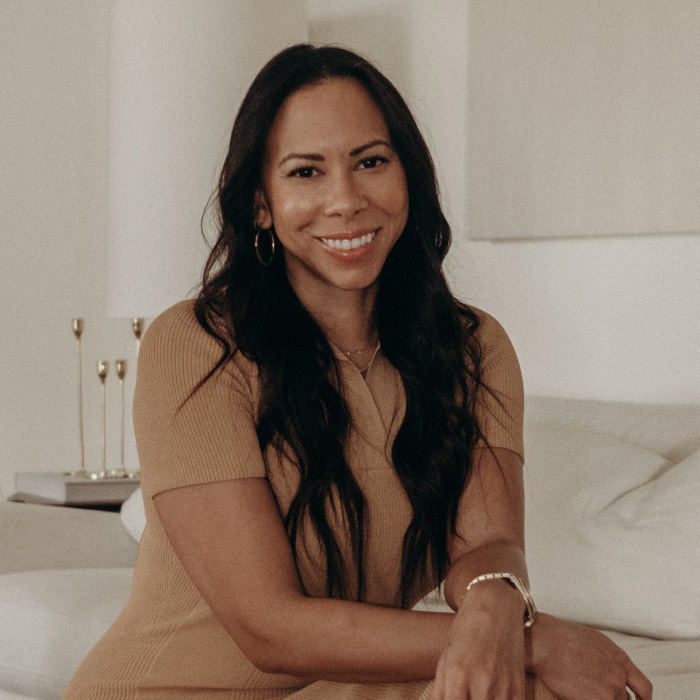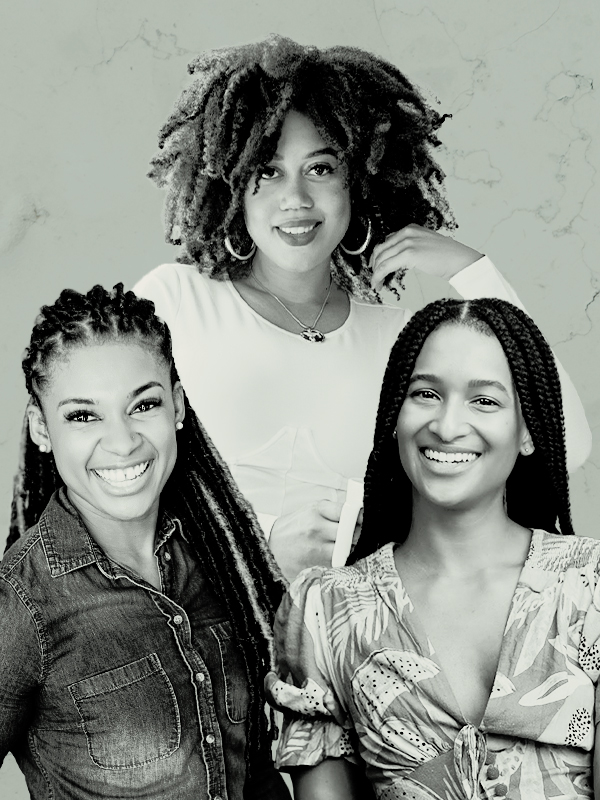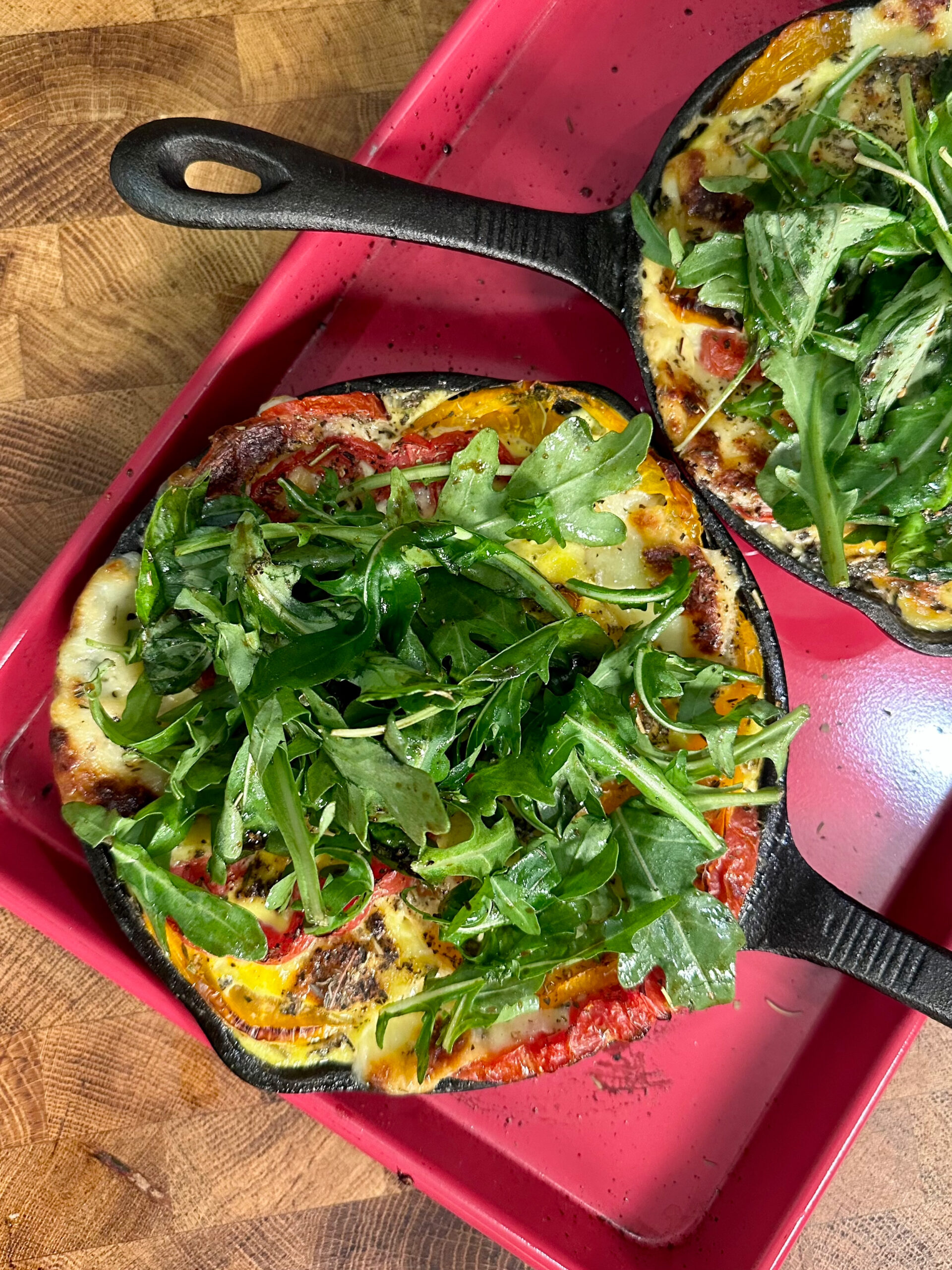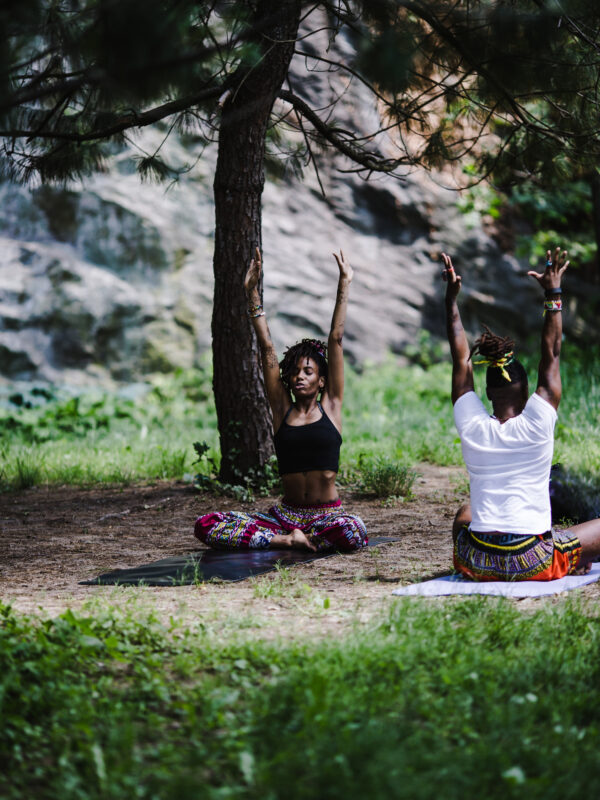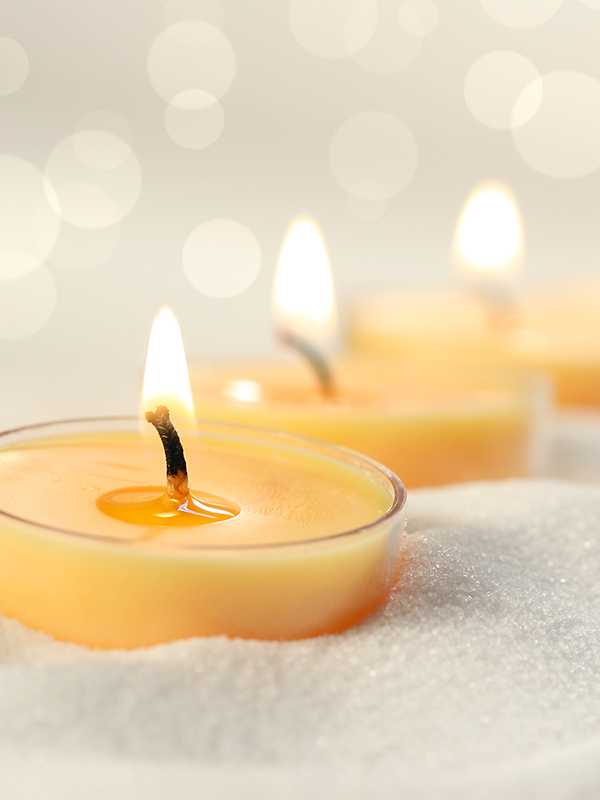“Rest is resistance.” – Trisha Hersey, founder of The Nap Ministry
In an age where many of us are tethered to digital devices for the majority of the day, rest and relaxation often feel like more of a luxury than a necessity. There’s also the fact that returning to in-person work has become required for many, and after a year and a half of working from home, that’s meant relearning what it means to socialize with others, commute, manage our families, side hustles and businesses and other obligations—all the while remembering to take care of ourselves.
Over the last year, countless Black women have boldly and courageously expressed their need for rest. This past summer, Simone Biles and Naomi Osaka both stepped down from major athletic competitions to take care of their mental health, demonstrating that even the most decorated of athletes need a moment to step back and regroup every now and again.
In an article for The Washington Post, writer and executive brand coach Amanda Miller Littlejohn mentions the courage of both Biles and Osaka, but also shares her experience with burnout. She shares that it took her giving birth to her newborn (via cesarean section, no less) and coming down with a breast infection to realize that she should’ve taken a break from her work. “The absurdity of the situation forced me to take a long, hard look at myself,” she writes. “It would be different if I were responding to the demands of an unreasonable boss. In this case, I was the unreasonable one.”
It’s a new year—the perfect time to decide how we want to show up for ourselves and others. We asked three multi-hyphenate creative women: brand strategy and marketing consultant Shanika Hillocks, 31; health communications specialist and digital content creator Chelsea Clark, 34; and women’s health and fitness coach Ariel Belgrave, 32, to share how they create space to honor themselves with rest, and how they’ve shifted their thinking when it comes to working in a social media-fueled world.
In what ways have you created space to relax and rest?
Shanika Hillocks: Last year, I was able to move into my dream space—a pandemic silver lining— and have been intentional about making every corner pleasing to my soul. This intention has brought peace and a sense of grounding to my daily life with a physical space.
Chelsea Clark: Acupuncture has really been an amazing tool for me. It really helps me feel more grounded and rested, calms my anxiety, relieves tension and stress, reduces inflammation, and brings everything back into balance.
Ariel Belgrave: Dedicating time to journal, going for daily walks and making parts of my home a comfy refuge (lots of candles and plants!) are just a few ways that I’ve created space to relax and rest.
Prior to the pandemic, why do you think “grind culture” was so heavily encouraged and resting was considered something at the bottom of the to-do list?
Hillocks: Personally, the more I zoom out, the more I understand the systems our society will always prioritize. Hustle, success narratives, the bottom line—all rooted in capitalism—have us thinking that’s the goal. As a child raised by immigrant grandparents, these tropes were instilled in me at a young age and only fortified when I moved to NYC, a place where you often lead with what you do. To put it simply, it’s what so many of us have always known.
Clark: Among my peers, I’ve always heard, ‘if you’re not grinding, you’re not grateful.’ It’s embedded in our culture, our music. But you have to rest, too. Many of us operate from a scarcity mindset, which keeps us in grind culture. We’re scared we’ll be without, and we want to feel like we will be prepared for whatever is next.
Has your relationship with social media changed over the years, and if so, how?
Belgrave: As a wellness professional and digital creator, I generally spend more time online—from creating content and engaging with followers to replying to DMs and researching new ideas. This past year, however, I’ve set stricter boundaries with the time I spend on social media because it’s SO easy to scroll for hours. I hop onto social media in certain time windows to be the most productive. I also limit the number of social media platforms that I have a presence on to avoid spreading myself too thin.
Clark: I spend a lot less time online because I want to make memories online with the people I love in real life. I don’t want memories of memes. The pandemic brought about great loss, and I want to focus more on what really matters.
Are there any apps, products or services you have incorporated into your rest and restoration practice? Do you have one day of the week designated for rest?
Hillocks: I do make a conscious effort to block off two days, one during the week and the other on the weekend, where I don’t take on any social events. In terms of products, plant medicine like flower remedies from Alexis Smart and CBD are in my daily rotation. I also enjoy incorporating meditation apps like Insight Timer and Open into my evening and morning routines, respectively.
Clark: I use the “pause inbox” feature on my email accounts at the close of each workday and on weekends, so I don’t receive any push notifications. It also reduces the temptation to check my inbox since, essentially, there is nothing to check. I’ve also dedicated Saturdays to rest.
Belgrave: I use Peloton for meditation, yoga, stretching exercises; get massages once a month and use House of Wise Stress CBD drops. Fridays are also my slower days for work, so I often use it for self-care time.
What is one piece of advice you have for other Black women multi-hyphenate creatives about the importance of recharging and taking moments of rest?
Hillocks: Someone’s urgency is not your emergency. One of the best ways I’ve put this into practice is via an auto-response to my personal inbox. It’s on indefinitely and has clear language around my intention, my bandwidth and capacity, and appreciation—in advance—to the sender for engaging with this approach in mind.
Belgrave: To serve others and show up as your most creative self, you have to prioritize rest and restoration.
Clark: If you want to go far, you must be unapologetic about your rest and mental health. Find what that looks like for you and stick with it.
These interviews have been edited and condensed for clarity.



